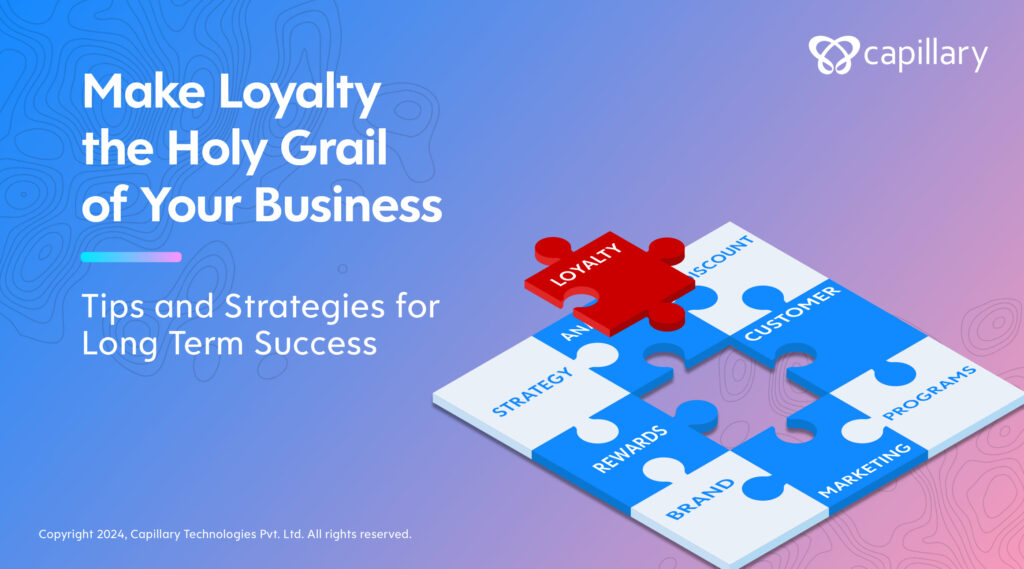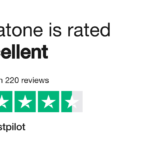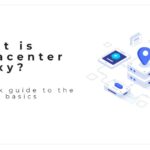In today’s competitive business landscape, customer loyalty plays a crucial role in sustaining and growing a company. Customer Relationship Management (CRM) and loyalty programs have emerged as powerful tools that businesses can leverage to drive repeat business. In this article, we will explore the depths of how CRM and loyalty programs impact customer loyalty and retention.
The Importance of CRM
CRM is a strategic approach that focuses on managing and nurturing customer relationships. It involves gathering and analyzing customer data to gain insights into their preferences, behaviors, and needs. By implementing an effective CRM system, businesses can better understand their customers and tailor their marketing efforts accordingly.
Segmentation and Personalization
One of the key benefits of CRM is the ability to segment customers based on various criteria, such as demographics, purchase history, and engagement level. This segmentation allows businesses to personalize their marketing messages and offers, increasing the likelihood of customer engagement and repeat purchases.
For example, a clothing retailer can use CRM data to identify customers who frequently purchase winter apparel. By sending personalized offers and recommendations for winter clothing, the retailer can enhance customer loyalty and drive repeat business.
Building Strong Customer Relationships
CRM also helps businesses build strong and lasting relationships with their customers. By maintaining a central database of customer interactions, businesses can track and respond to customer inquiries, complaints, and feedback in a timely manner. Customers feel valued and appreciated when they receive this kind of individualized care, which encourages consumer loyalty and repeat business.
Loyalty Programs: The Key to Repeat Business
Loyalty programs are structured marketing strategies designed to incentivize repeat purchases and reward customer loyalty. These programs typically offer benefits such as exclusive discounts, freebies, and points-based reward systems.
Creating a Sense of Belonging
One of the primary goals of loyalty programs is to create a sense of belonging among customers. By offering exclusive benefits and rewards, businesses make their customers feel like valued members of a community. This emotional connection encourages customers to continue purchasing from the business, resulting in repeat business.
Driving Repeat Purchases
Loyalty programs also play a crucial role in driving repeat purchases. By offering incentives such as discounts or freebies, businesses motivate customers to choose their brand over competitors. Additionally, points-based reward systems encourage customers to accumulate points that can be redeemed for future purchases, further incentivizing repeat business.
Enhancing Customer Engagement
Another significant advantage of loyalty programs is their ability to enhance customer engagement. By offering personalized rewards and promotions based on customer preferences and purchase history, businesses can capture the attention and interest of their customers. This increased engagement leads to higher levels of customer satisfaction and loyalty.
CRM and Loyalty Programs: A Powerful Combination
When CRM and loyalty programs are integrated, businesses can unlock even greater value. By leveraging CRM data, businesses can personalize loyalty program offerings based on individual customer preferences. This level of customization enhances the customer experience and strengthens the bond between the customer and the brand.
Using CRM to Optimize Loyalty Programs
CRM also enables businesses to track the effectiveness of their loyalty programs and make data-driven improvements. By analyzing customer behavior, businesses can identify areas where their loyalty programs may be falling short and make necessary adjustments. This continuous optimization ensures that loyalty programs remain relevant and effective in driving repeat business.
Conclusion
In conclusion, CRM and loyalty programs are powerful tools that drive repeat business by enhancing customer loyalty and engagement. By leveraging CRM data, businesses can personalize their marketing efforts and build strong customer relationships. Loyalty programs, on the other hand, incentivize repeat purchases and create a sense of belonging among customers. When used together, CRM and loyalty programs have the potential to transform businesses and foster long-term customer loyalty.







